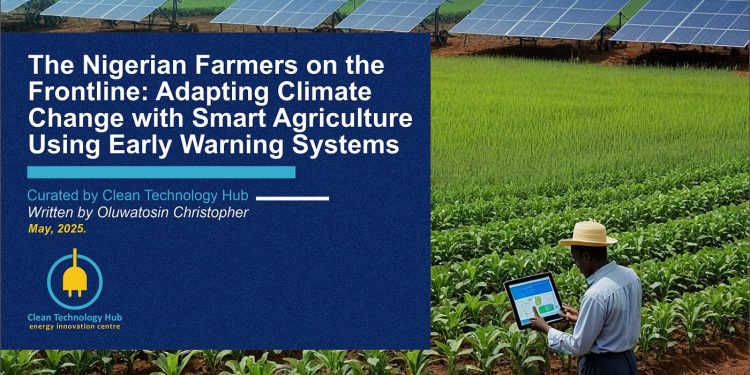Over 750 smallholder farmers across Nigeria have benefited from a climate-smart support initiative led by PricePally in partnership with the GSMA Innovation Fund.
The program is designed to make farming more predictable, profitable, and resilient to climate change by addressing major barriers such as post-harvest losses, limited market access, and financial constraints.
PricePally, a food systems platform, connects farmers directly to households, businesses, and communities through technology-driven aggregation, logistics, and structured market access. The GSMA Innovation Fund, on its part, supports digital technology projects that drive inclusion, climate resilience, and socio-economic empowerment in emerging markets.
In a statement on Wednesday, the organisers noted that smallholder farmers, who produce 98 per cent of Nigeria’s food, previously lost up to 45 per cent of crops such as tomatoes and vegetables due to inadequate finance and poor storage facilities.
Through the project, farmers have now received climate-smart training on Good Agricultural Practices, digital onboarding for traceable production and demand forecasting, as well as access to zero-collateral loans via Trade Lenda. They were also provided with solar-powered cold storage from Ecotutu, alongside cooling packs and gel to ensure produce reached customers in good condition.
The initiative has also created jobs for women and youths, who are engaged as sorters, quality assessors, liaisons, and last-mile delivery agents.
Project Manager at PricePally, Benjamin Ogunbola, said: “Post-harvest losses are down by almost half, and the PricePally network has given smallholders confidence that farming is not just survival but a sustainable business.”
Also speaking, Chief Executive Officer of PricePally, Luther Lawoyin, described the project as a turning point for agriculture in Nigeria. “The integration of technology, data, and partnerships has created real resilience for smallholders and the larger value chain. This is the future of agriculture, where farmers can thrive, youth are attracted, and food reaches consumers more reliably and affordably,” he said.










